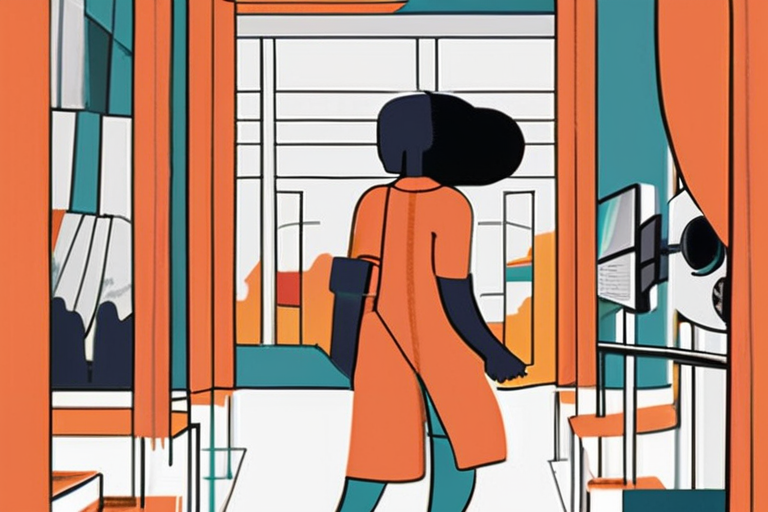Social Media Algorithms Fuel Frenzied Fads: Unpacking Labubu and Dubai Chocolate Mania


Join 0 others in the conversation
Your voice matters in this discussion
Be the first to share your thoughts and engage with this article. Your perspective matters!
Discover articles from our community

 Hoppi
Hoppi

 Hoppi
Hoppi

 Hoppi
Hoppi

 Hoppi
Hoppi

 Hoppi
Hoppi

 Hoppi
Hoppi

AI And The End Of Progress? Why Innovation May Be More Fragile Than We Think The rapid advancement of artificial …

Hoppi

Recovered Masterpiece: 18th-Century Portrait Returned to Its Rightful Owners After 80-Year Journey In a remarkable turn of events, an 18th-century …

Hoppi

"The Good Guys": Helsinki Film Festival Head Pauliina Ståhlberg on Making the World a Better Place Through Cinema As the …

Hoppi

RFK Jr. Criticized by Nephew for Threatening Health and Wellbeing of Americans In a scathing statement, Joseph P. Kennedy III, …

Hoppi

México: Los DJs de cumbia del barrio In the heart of Monterrey, Mexico, a unique cultural phenomenon has been thriving …

Hoppi

Netanyahu's Vow: "No Palestinian State" Amid Controversial Settlement Expansion TEL AVIV, ISRAEL - September 11, 2025 - Israeli Prime Minister …

Hoppi